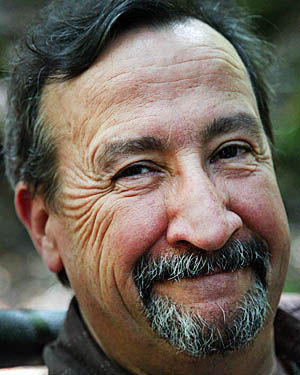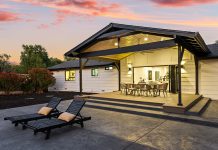The Windsor Town Council had a chance to say yes to community and say no to money on March 7.
They chose money.
When the Windsorland Mobile Home Park was closed and the low income residents were evicted almost a decade ago, the land, seen as a natural companion to the Town Green, was eventually sold to Oakmont Senior Living.
Over the next few years, a lifestyle shopping destination and 387 units of badly-needed housing were promised. Most importantly, those housing units were to be accessible to almost anyone in the community.
Of the 387 units, 144 (more than a third) were to be made available to low and moderate income renters, which would naturally include many of the fomer mobile home park residents.
Oakmont Senior Living, to no one’s surprise, kept the most profitable part of the development (the retail) and sold off the rest, to a Southern California developer, Bob Bisno.
And the dominoes continued to fall. Bisno started by telling the Town that even though he purchased the rights to develop a diverse housing mix, he wanted to change the plan.
He paid $1.15 million to get out from under having to provide the lowest income rentals, 67 of them. The Town used Bisno’s money to help pay for 46 units elsewhere in the community.
Two weeks ago, Bisno scored again, first offering $750,000 to buy his way out of providing 72 of the remaining 77 units, then upping the offer to $1.75 million and again to $2 million.
Four Town Councilmembers said ‘yes’ to the offer.
In her lone ‘no’ vote at the March 7 Windsor Town Council meeting, longtime Town Councilmember Deb Fudge said: “In December of 2011 I made a promise to the Town of Windsor for 144 affordable units. We relocated mobile home park people against their will, I met with them and they were told they could move back, even though we pretty much knew it wouldn’t happen.”
Councilmember Fudge was being pessimistic at the time when she worried that the longtime Windsor residents of Windsorland might not be able to move back. She was also being prophetic.
Of the 387 apartments that will be part of the renamed Vintage Oaks, only five, a little over one percent, will be affordable to middle income families.
Vintage Oaks will become a luxury apartment project with a high-end grocery store and a public park (the Town Green) a few steps away.
Windsor Times reporter Heather Bailey chronicled the public angst over whether to accept Bisno’s offer, and I don’t doubt the sincerity of Town Councilmembers Dominic Foppoli, Mark Millan, Bruce Okrepkie and Sam Salmon. I also believe they made the wrong decision.
Allowing the area around the Town Green to continue to gentrify might be good for property values in that area, but it won’t be so good for those who want a diverse downtown that reflects the entire community.
In fairness to the ‘yes’ votes, it’s true that the Town can now bank that $2 million and look for ways to leverage it on other projects.
Bisno’s money will spend just fine and the Town’s professional planning staff can probably make good use of it helping other affordable projects in the community, but taking it was a decision that the Town may come to regret.
Trading money for affordability was seen as a smart call that would allow the project to finally get started. After all, after the fires, aren’t we supposed to “build, baby, build?”
But, taking the money also represented a broken promise, a promise to make downtown a place where everyone can shop, play and live.
Ray Holley is the Managing Editor of the Windsor Times. He can be reached at ra*@********st.com.









